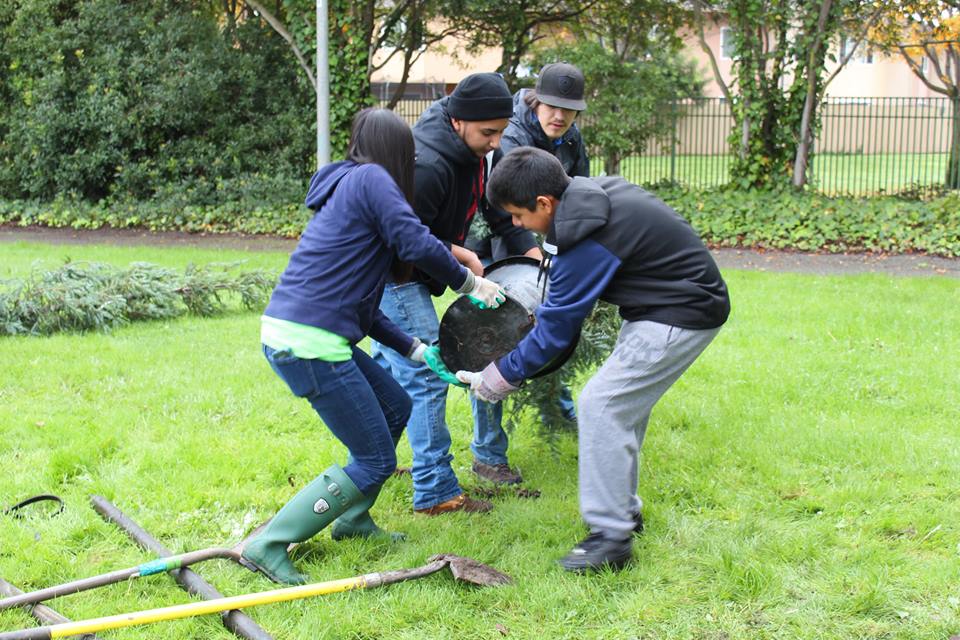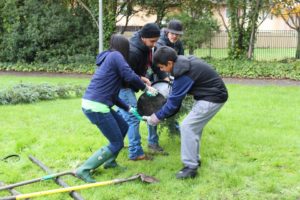Where We’ve Been
The Learning Network started in 2011 as a very small group–under a dozen people–who were first involved in Urban Waters as fellows, grant recipients, and people who were interested in doing urban waters work. The participants were (and are) doing critically important work with only a small amount of capacity. It followed that if all of these people could work together to share practical on-the-ground experiences, challenges, successes, and technical resources, they could work together to amplify each other’s work. And so the network grew, and became what it is today.
Where We Are
Here at the Learning Network we’ve been working hard to keep up with all the great work you’ve been doing. In 2018, we published a dozen new Impact Stories highlighting the accomplishments of organizations funded by EPA Urban Waters Small Grants or involved in activities at Federal Partnership locations.
In 2018 we hosted eleven webinars and peer calls on topics ranging from drinking water basics to using games to teach complex topics and solve problems. You can view recorded webinars in the Resources section of the website.
Our membership levels climbed, and so did visits to the website, which tells us that more and more people are connecting with each other here and using the tools we’ve posted.
For the first time, we attended the National Environmental Justice Conference and Training Workshop, where we supported a presentation on Groundwork USA’s Restorative Trauma-Informed Approach and led another about the Learners to Leaders Environmental Justice Literacy curriculum. We also provided opportunities for you to connect in person by offering scholarships to attend and present at River Rally. And in 2018, we added a new event: the U.S. Water Alliance One Water Summit, where our Urban Waters Delegation collaborated before and during the Summit to define a shared vision and goals to work on for the coming year. And finally, with our colleagues at NPS, the EPA Office of Water, and the Urban Waters Federal Partnership, we attended the National Training Workshop, where we learned more about the amazing work emerging from focused collaborations in partnership locations around the country.
For up-to-date statistics on our reach, please view our Semiannual and Annual reports.
Looking Ahead
In 2019, we are going to expand on services we offer now: articles that document the impacts of innovative programs; educational webinars and resources; information on how to connect with peers who have expertise in particular subjects; scholarships to attend focused Urban Waters workshops; information about other in-person networking and training opportunities; and more vetted technical resources. We plan to hold our annual Learning Forum at River Rally 2019 and continue to build the Urban Waters Delegation for One Water 2019 (be sure to save the dates — June 21-24 and Sept. 18-20).
In addition, we will introduce new collaborative work on themes that bubbled to the top of conversations throughout 2018. These include environmental justice literacy and training; resilience and climate change; and strategies for preventing displacement in the communities where we work. Be sure to stay tuned for more information about how you can get involved; and as always, feel free to contact us directly.



Trackbacks/Pingbacks